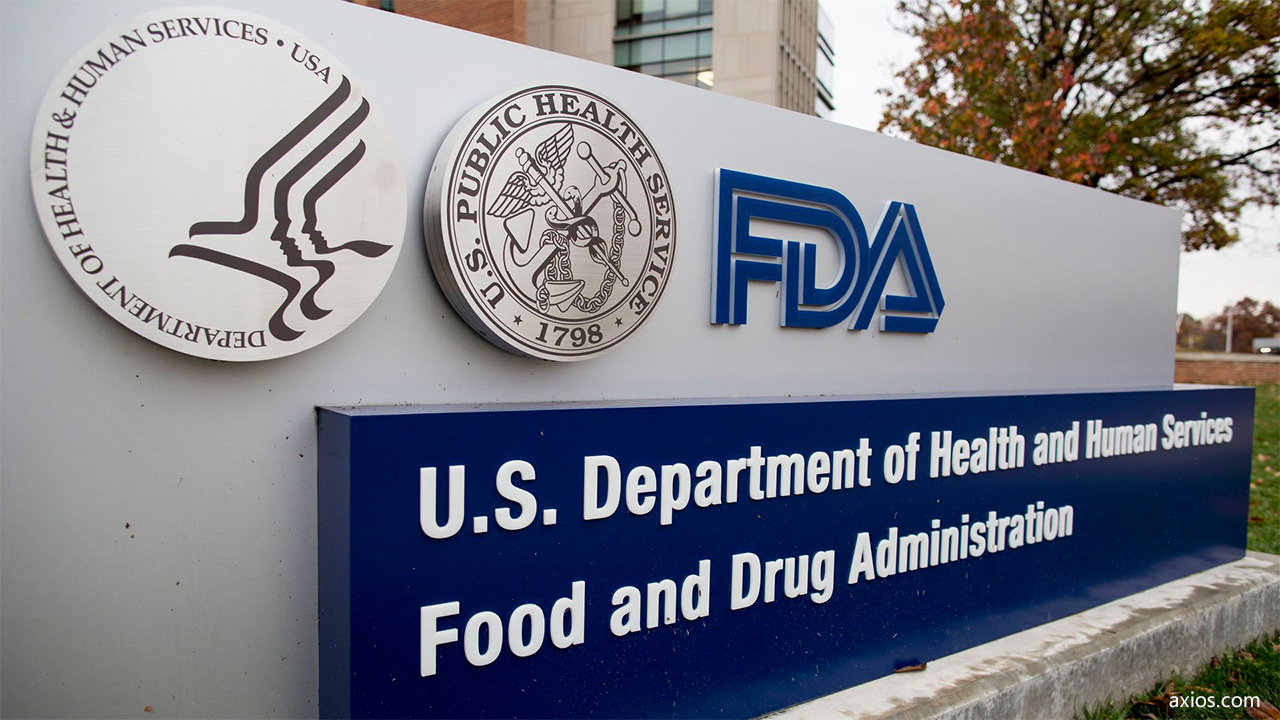U.S. Food and Drug Administration granted accelerated approval to Tazverik (tazemetostat) for the treatment of adults and pediatric patients aged 16 years and older with metastatic (when cancer cells spread to other parts of the body) or locally advanced (when cancer has grown outside the organ it started in, but has not yet spread to distant parts of the body) epithelioid sarcoma not eligible for complete resection (surgically removing all of a tissue, structure, or organ). Epithelioid sarcoma is a rare subtype of soft tissue sarcoma that often occurs in young adults.
“Epithelioid sarcoma accounts for less than one percent of all soft tissue sarcomas,” said Richard Pazdur, M.D., director of the FDA’s Oncology Center of Excellence and acting director of the Office of Oncologic Diseases in the FDA’s Center for Drug Evaluation and Research. “Until today, there were no treatment options specifically for patients with epithelioid sarcoma. The approval of Tazverik provides a treatment option that specifically targets this disease. When we brought Tazverik’s application to the Oncologic Drugs Advisory Committee last month, the committee voted unanimously that the benefits of the drug outweighed the risks.”
Tazverik blocks the activity of the EZH2 methyltransferase, which may help keep the cancer cells from growing. Most cases of epithelioid sarcoma begin in the soft tissue under the skin of an extremity, though it can start in other areas of the body. Surgical removal is considered the main treatment when the cancer is localized to one area of the body. Chemotherapy or radiation may also be given. However, there is a high likelihood for local and regional spread of the disease even with treatment and approximately 50% of patients have metastatic disease at the time of diagnosis. Metastatic disease is considered life-threatening to the patient.
Tazverik’s approval was based on the results of a clinical trial enrolling 62 patients with metastatic or locally advanced epithelioid sarcoma. During the clinical trial, patients received 800 milligrams (mg) of Tazverik twice a day until the disease progressed or the patient reached an unacceptable level of toxicity. Tumour response assessments were performed every eight weeks during the clinical trial. The trial measured how many patients experienced complete or partial shrinkage (by a certain amount) of their tumours during treatment (overall response rate). The overall response rate was 15%, with 1.6% of patients having a complete response and 13% having a partial response. Of the nine patients that had a response, six (67%) patients had a response lasting six months or longer.
The most common side effects for patients taking Tazverik were pain, fatigue, nausea, decreased appetite, vomiting and constipation. Patients treated with Tazverik are at increased risk of developing secondary malignancies including T-cell lymphoblastic lymphoma (a type of blood cancer that affects the lymphatic system usually found in the lymph nodes), myelodysplastic syndrome (a disorder resulting from poorly formed or dysfunctional blood cells) and acute myeloid leukaemia (a cancer of the blood and bone marrow). The FDA advises health care professionals to tell females of reproductive potential to use effective contraception during treatment with Tazverik and for six months after the final dose. Males with a female partner of reproductive potential should use effective contraception during treatment with Tazverik and for three months after the final dose. Females who are pregnant or breastfeeding should not take Tazverik because it may cause harm to a developing fetus or newborn baby. Tazverik must be dispensed with a patient Medication Guide that describes important information about the drug’s uses and risks.
Tazverik was granted Accelerated Approval, which enables the FDA to approve drugs for serious conditions to fill an unmet medical need based on a result that is reasonably likely to predict a clinical benefit to patients. Further clinical trials may be required to verify and describe Tazverik’s clinical benefit. Tazverik also received Orphan Drug designation, which provides incentives to assist and encourage the development of drugs for rare diseases.
The FDA granted the approval of Tazverik to Epizyme Inc.

 Tazverik gets approval from US FDA
Tazverik gets approval from US FDA









.jpeg)

.jpeg)
.jpeg)
.jpeg)


.jpg)


.jpeg)
.jpeg)


.jpeg)
.jpg)




